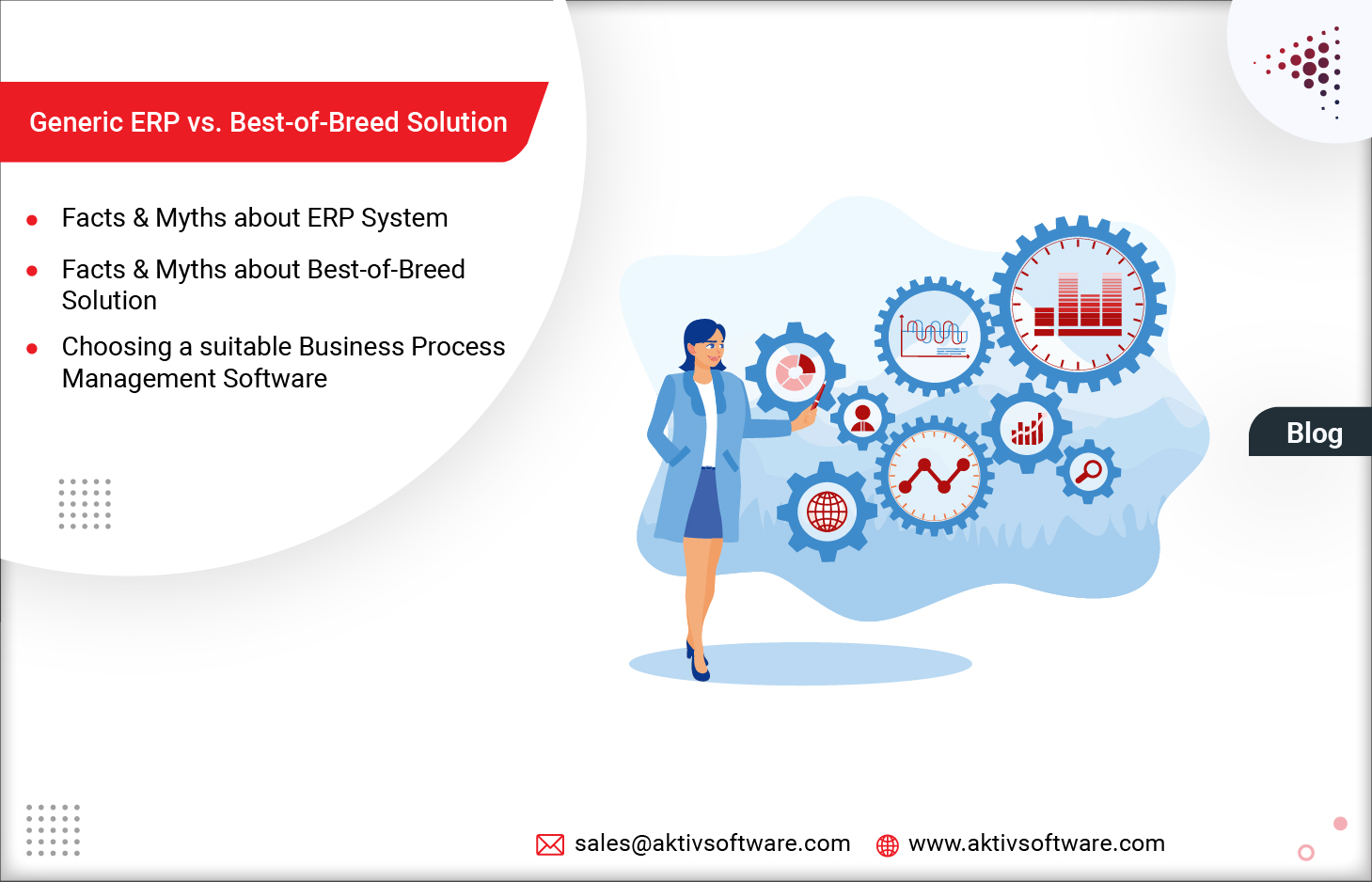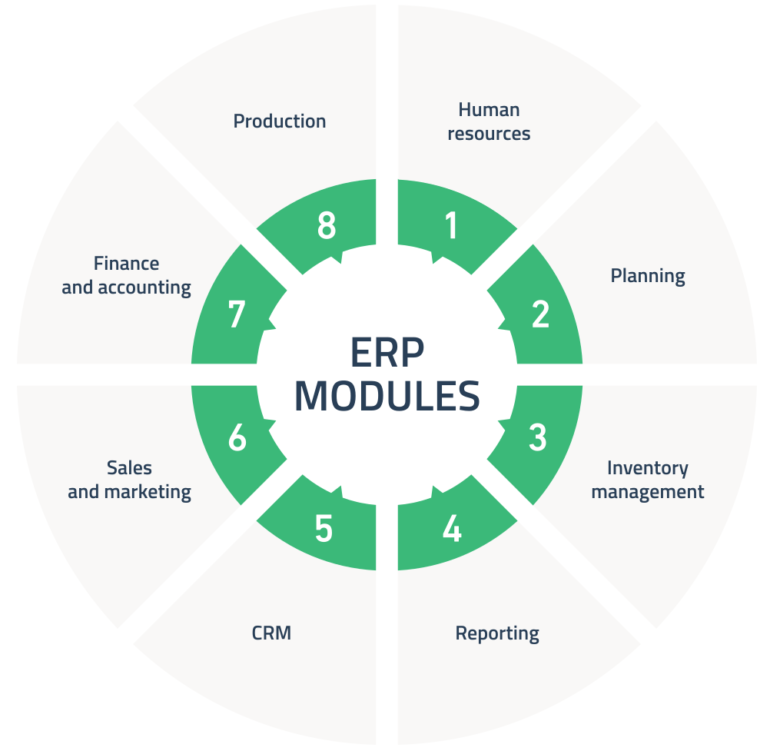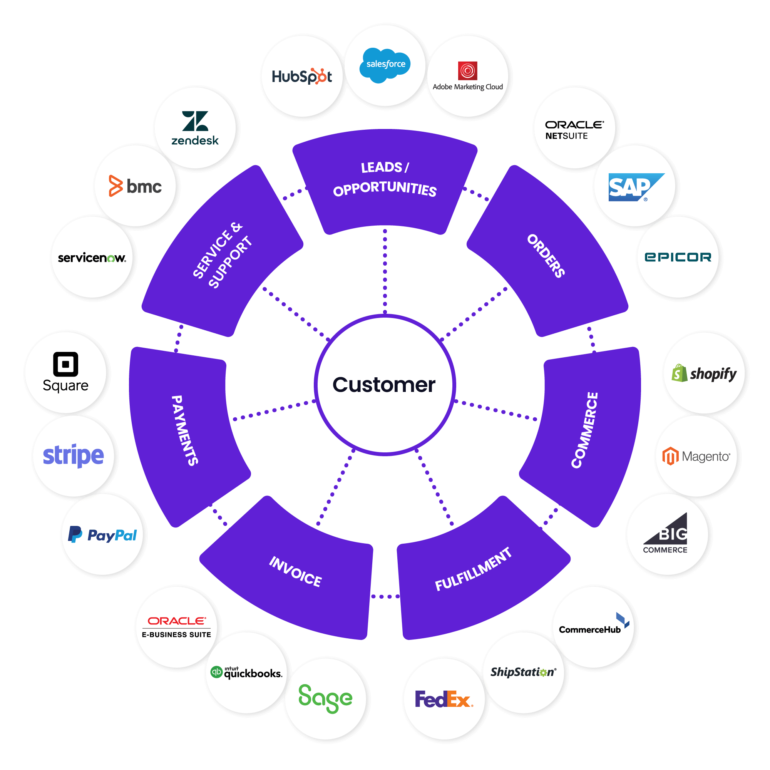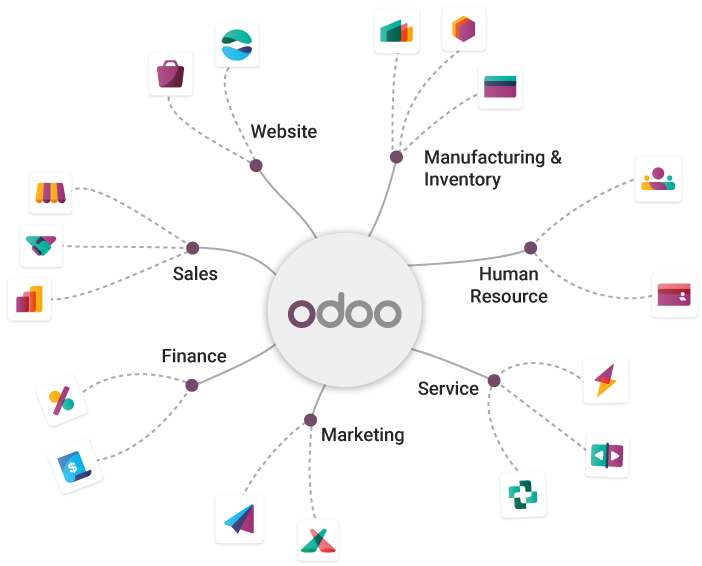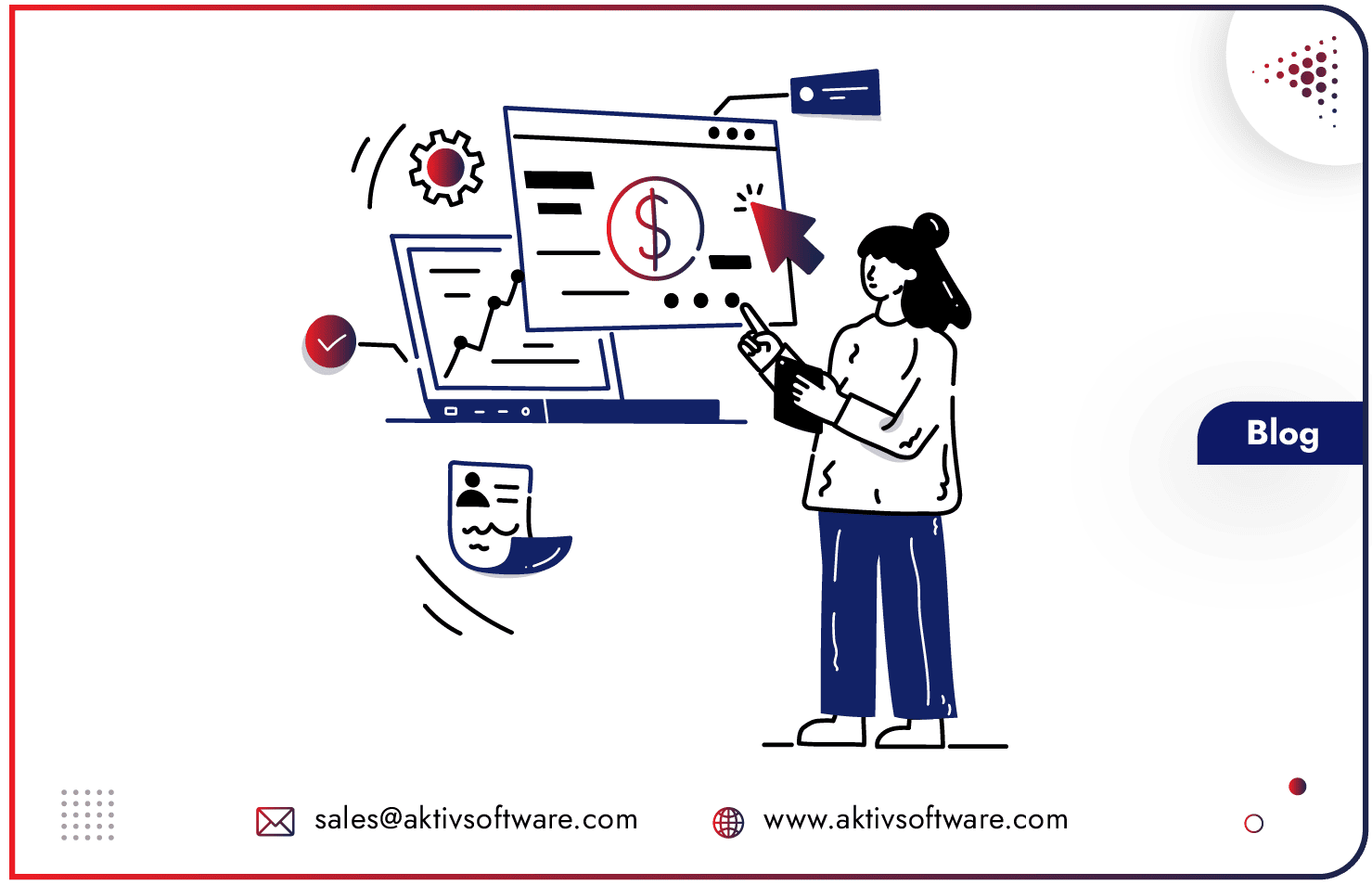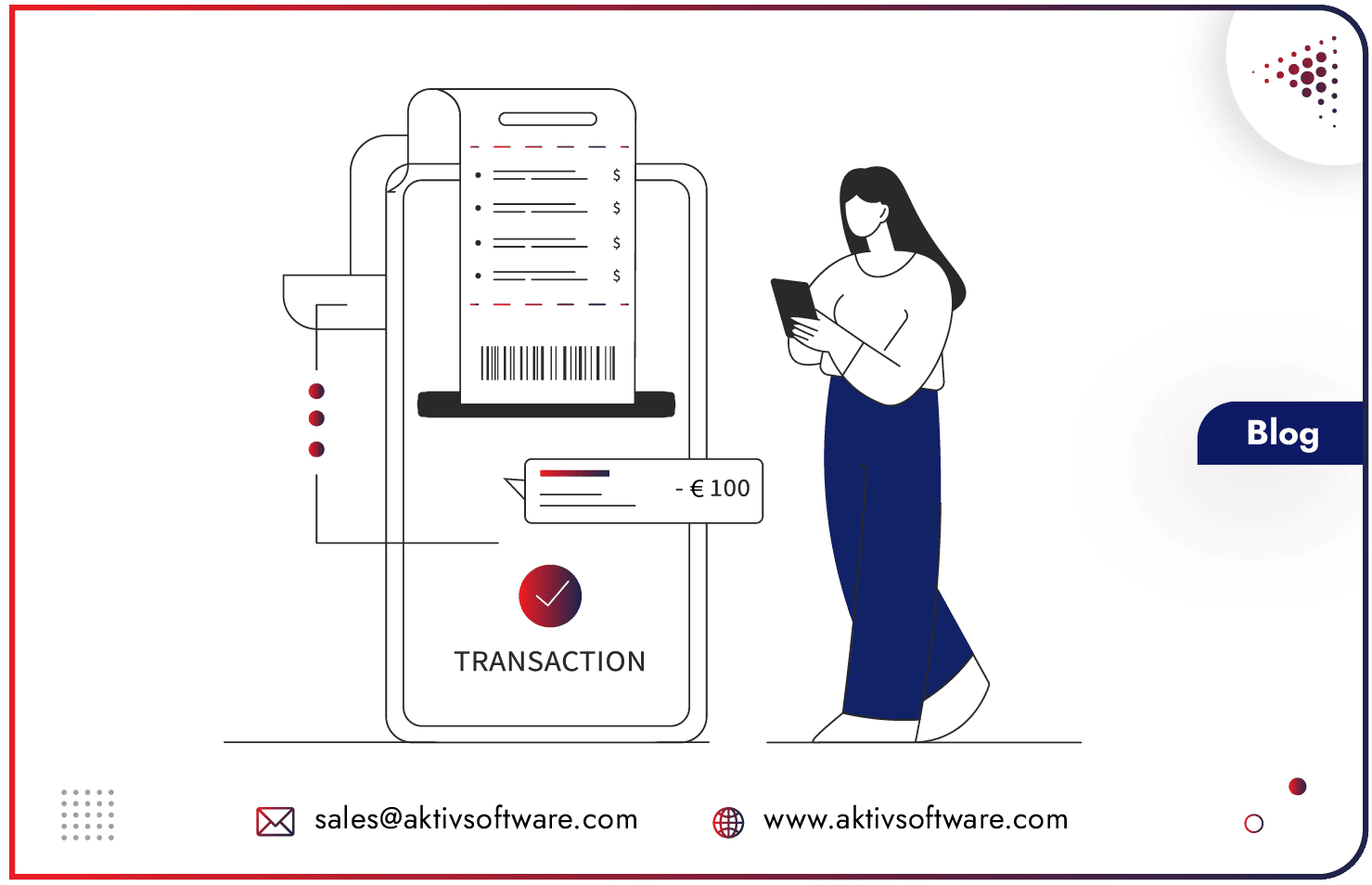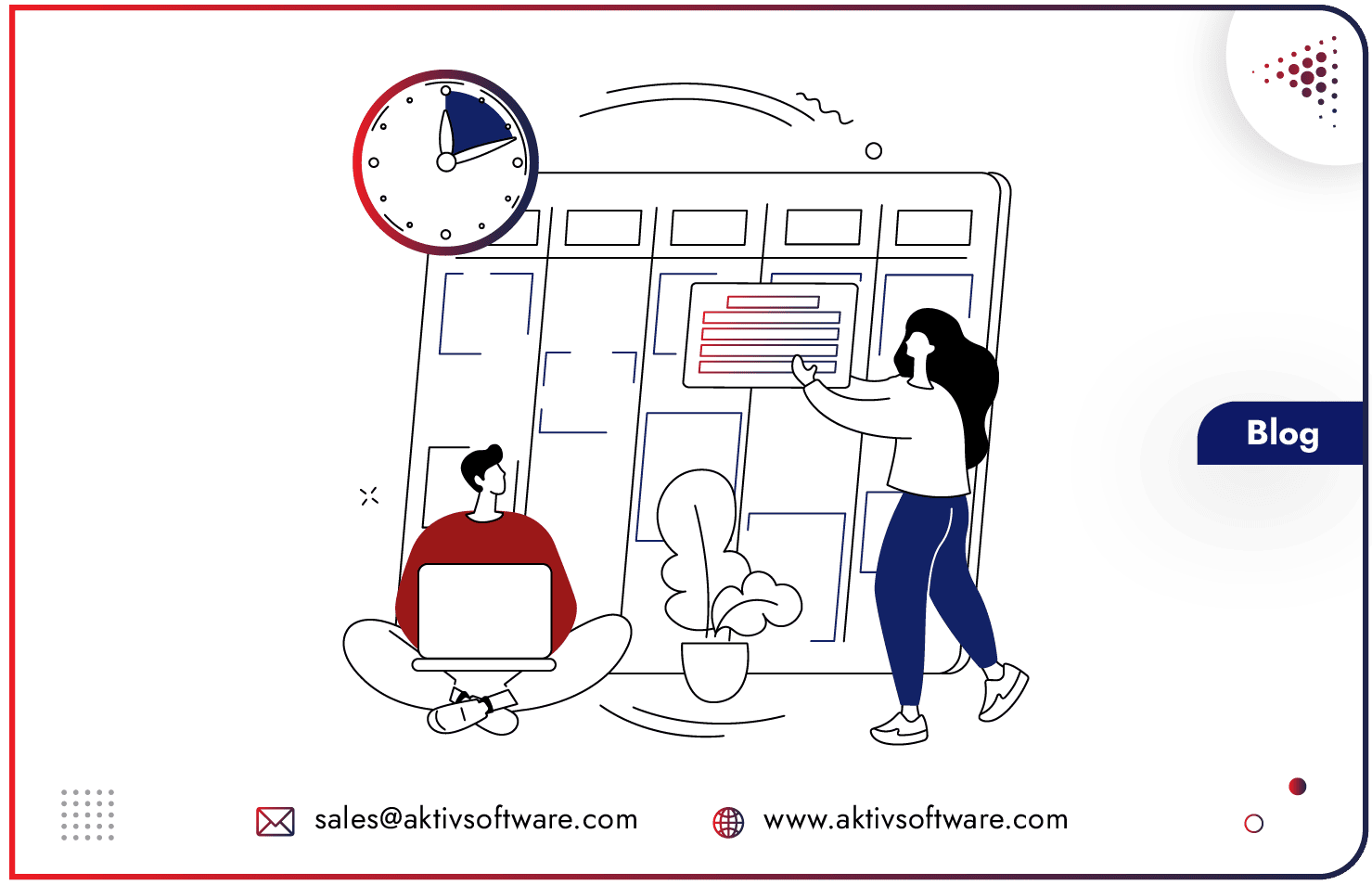Digital transformation is reshaping industries, and at the heart of this revolution lies the efficient management of business processes.
As you embark on your digital journey, a critical decision arises: how will you manage the intricate operations of your business with – an ERP System or a Best-of-Breed approach?
This blog will delve into both strategies’ pros and cons, list out common misconceptions, and guide you towards a solution that best aligns with your organization’s unique needs.
Manage your Business Process within a Single ERP System
A single ERP instance is deploying a unified ERP that integrates various business processes within one comprehensive platform. This approach centralizes all data and functions, providing a seamless flow of information across departments.
Example: A manufacturing company implements Odoo ERP to manage everything from inventory and production to HR and finance. This centralized system ensures all departments work with the same data, reducing errors and increasing efficiency.
ERP System Implementation Myths & Facts:
🚩 Myth: Single ERP Setup is inflexible:
✅ Fact: Modern ERP Software offers significant customization and flexibility. While they provide a unified framework, they also allow for extensive configuration to meet specific business needs.
🚩 Myth: Single ERP System Licensee & Implementation is more expensive:
✅ Fact: While the initial investment for an ERP Implementation can be high, the long-term costs associated with maintaining multiple best-of-breed systems and ensuring their integration can outweigh these initial costs.
Why Consider a Single ERP System?
Scalability: Businesses wanting to scale operations seamlessly across multiple locations or business units benefit from the centralized control offered by generic ERP.
Data Consistency: Organizations requiring a high level of data integrity and real-time visibility across all departments often choose single ERP systems to ensure consistent and accurate data.
Compliance and Reporting: Businesses in heavily regulated industries may prefer single ERP software for their robust compliance and reporting capabilities.
Manage Specific Business Processes with Best-of-Breed Solution
The best-of-breed approach involves selecting and integrating specialized software for different business processes.
Instead of a single ERP system, businesses with niche requirements use multiple applications that are considered the best in their respective areas and integrate them to work together.
Example: A retail company uses Shopify for Ecommerce, QuickBooks for accounting, and Salesforce for CRM. These specialized tools are integrated to provide a customized solution that meets the company’s specific needs.
Best-of-Breed Solution Myths & Facts:
🚩 Myth: Best-of-breed solutions are too rigid to manage.
✅ Fact: With advancements in integration technologies and APIs, best-of-breed solutions can be effectively managed. Integration platforms as a service (iPaaS) and middleware solutions make it easier to connect disparate systems.
🚩 Myth: Best-of-breed solutions provide better functionality.
✅ Fact: While best-of-breed solutions may offer more advanced features in specific areas, single ERP systems have evolved to include robust functionality across various modules, often sufficient for most business needs.
When to go for Best-of-Breed Solution?
Niche Requirements: Companies with highly specialized needs in certain areas (e.g., advanced analytics, industry-specific compliance) may benefit from best-of-breed solutions that provide depth in those areas.
Cost Sensitivity: Small businesses with budget constraints may find best-of-breed solutions more affordable initially, as they can deploy all the necessary components to go digital.
Example: A growing ECommerce startup might choose to use Mailchimp for email marketing, Ship Station for logistics, and Freshdesk for customer support to cater to their specific operational needs.
Best-of-Breed Solutions can be a cost-effective choice for businesses with specific needs or those in the early stages of growth.
However, many organizations that initially adopt this strategy eventually move towards ERP consolidation. This involves merging multiple ERP system into a unified platform, facilitating easier access to financial, product, employee, and customer data through a single system.
While both single ERP software and best-of-breed solutions have their merits, a single ERP setup often provides superior cohesion and scalability for growing businesses.
Single ERP setup offer unmatched support, streamlined data management, and comprehensive functionality, making them a valuable investment for businesses prioritizing integration and long-term growth.
Still unsure about which BPM Software to opt for? Don’t worry, we have a solution that inherits the best of both worlds.
Odoo for Business Process Management
Businesses find themselves torn between the comprehensive functionality of a unified system and the specialized capabilities of individual applications. That’s where Odoo comes into the picture.
Odoo offers a unique proposition that bridges this gap, providing the best of both worlds. Here’s how:
Why choose Odoo Business Software Suite?
Comprehensive Integration with Flexibility
Odoo is a business software suite that includes over 30 main applications, covering all essential business functions such as CRM, accounting, inventory management, HR, and more.
This extensive range means you get a platform that offers everything integrated within a single system. However, unlike traditional single ERPs, Odoo provides the flexibility to customize its modules to meet specific niche requirements.
Example: A growing fashion retailer currently needs Odoo’s eCommerce and inventory modules and, if they use other software to manage accounting, CRM, and HR, they might want to get rid of multiple systems/software and want to use Odoo for all their business operations.
Odoo is tightly integrated with the core apps, and the ecommerce store can utilize its potential to avoid the complexity and cost of maintaining integration between Odoo and third-party software.
Modular Architecture for Scalability
Odoo’s modular architecture makes it an ideal choice for small businesses that want to implement software for specific business functions and scale as their needs grow.
This modularity allows businesses to install only the necessary modules initially and expand their capabilities over time, without the need to integrate additional third-party solutions.
Example: A small consulting firm might initially use Odoo’s project management module. As the firm grows, it can seamlessly integrate additional modules for invoicing, time tracking, and customer relationship management, maintaining a cohesive system without the added complexity of multiple software integrations.
User-Friendly and Cost-Effective
Odoo is designed with user-friendliness in mind, providing an intuitive interface that simplifies configuration and overall usability. This contrasts with many generic ERP systems, which can be complex and challenging to configure.
Additionally, Odoo’s flexibility and modularity mean it avoids the rigidity often seen in best-of-breed solutions, offering extensive customization options to address unique business needs.
Example: A mid-sized manufacturing company finds that traditional ERP software is cumbersome and expensive to implement. By choosing Odoo for Manufacturing, they gain a user-friendly platform that can be customized to their specific production workflows and integrated across various departments, all while keeping costs manageable.
A Simplified, Scalable, and Affordable Solution
Odoo addresses the needs of businesses seeking a simplified system with scalability and affordability in mind.
It provides a comprehensive suite of integrated applications that can be tailored to fit specific business requirements, ensuring that companies do not have to compromise on functionality or ease of use.
In summary, Odoo offers a balanced solution for those uncertain about choosing between a single ERP system and a best-of-breed approach.
It combines the cohesive integration of a unified ERP with the flexibility and scalability typically associated with best-of-breed solutions, making it an ideal choice for businesses looking for a robust, user-friendly, and cost-effective platform.
To explore further, contact us for a personalized Odoo demo.


